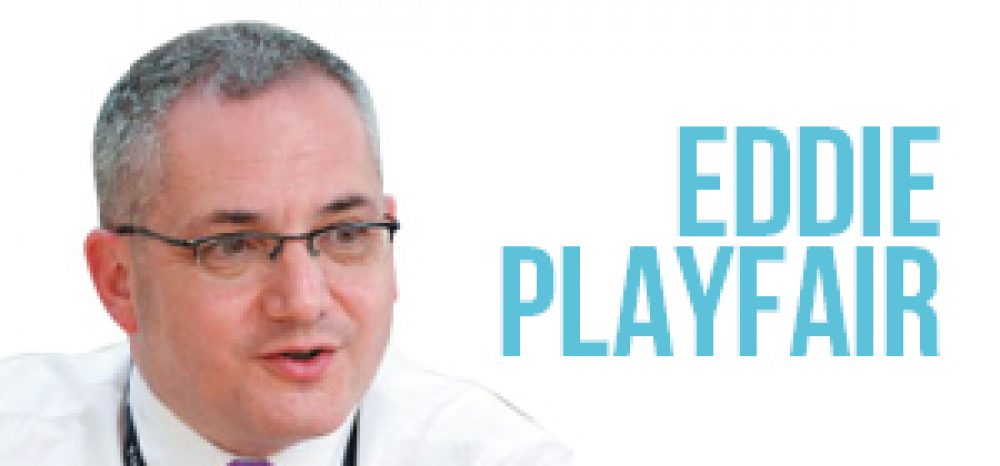The contradictory rhetoric around vocational courses has done much harm; students’ achievement needs to be revealed and celebrated rather than downgraded, says Eddie Playfair
Dolores, Emma, Neneh and Rebecca all have something in common; they are high-achieving vocational students.
With 44 other students at Newham sixth-form college (NewVIc), last year they achieved the highest possible grade, a triple starred distinction in their extended diplomas: in business, performing arts, engineering and sport respectively.
Some also achieved high grades in an additional A-level and all four went on to university. Thirty-eight of their classmates also progressed to university, including Russell group institutions such as University College London, King’s College London, Queen Mary University of London and Nottingham University.
Dolores, for example, is now studying international management at the School of Oriental and African Studies with a year abroad.
The qualifications they obtained will give these young people the opportunity to pursue interesting and valuable professional careers in dance, theatre studies, surveying, aeronautical engineering, accounting, law, sports science, architecture, tourism and marketing … to mention just a few.
Their success is built on the intensive and challenging vocational programmes they followed; courses requiring the development of deep levels of professional knowledge and mastery. To achieve such high grades, they will have produced outstanding assignments, projects and portfolios that demonstrate the application of extensive knowledge and a broad range of interconnected skills. This is why so many universities value the excellent preparation they offer for many applied degrees.
But it is about much more than these 48 students. There are many others like them. More than 400 students at NewVIc achieved vocational qualifications last year; 377 progressed to university. The overwhelming majority were black and minority students living in so-called deprived postcodes.
We are proud of these achievements – as are the students. We celebrate the confidence, creativity and mastery that they have demonstrated. But is this pride echoed by our politicians and is the celebration reflected in our national media?
Sadly, the tone of the national conversation about vocational qualifications is more often distrustful than celebratory; questioning their quality and rigour, making unflattering comparisons with A-levels and implying that they are less challenging because they have less external assessment. Substantial and demanding programmes have been confused with smaller or less stretching ones, sending out a message of low quality.
Look at, for example, the changing treatment of vocational qualifications in national performance tables. For 2012, the points tariff for extended diplomas (equivalent to 3 A-levels) was arbitrarily reduced, despite the universities’ admissions service, UCAS, maintaining the grade equivalences (eg, Dist* equal to an A* grade at A-level and Dist. equal to an A grade).
While A-level performance has been picked out in the tables, vocational achievements remain hidden in a broad category of ‘A-levels and equivalences’, making it hard to see their success.
These national tables are an important signal about what we value. The message seems to be: ‘vocational is second best’. So much for parity of esteem.
It’s time to really value vocational learning. The latest government proposals to reform vocational qualifications are a welcome attempt to clarify which qualifications are ‘high value’, whether ‘occupational’ or ‘applied general’.
The sooner these ‘high value’ vocational qualifications get the seal of approval, the sooner the many thousands of brilliant students such as Dolores, Emma, Neneh and Rebecca can get due recognition for their achievements.
Eddie Playfair, principal of Newham Sixth Form College (NewVIc). He is the London principal representative on the Sixth Form Colleges’ Association council









Your thoughts